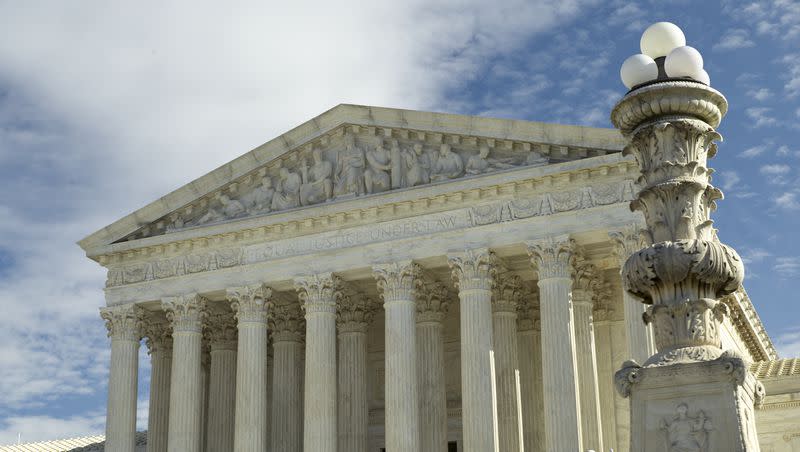Can foster care agencies receiving public funds screen families based on religion? Legal experts (still) don’t agree

A federal court on Friday cleared the way for state officials in South Carolina to continue partnering with faith-based foster care agencies to place foster kids in new homes.
These church-state partnerships had been challenged due to the fact that religious agencies often only work with foster parents who share their beliefs. In two separate lawsuits, the ACLU and Americans United for Separation of Church and State argued that agencies that discriminate based on religion should not have access to public funds.
On Friday, a federal district court rejected that claim, noting that prospective foster parents who can’t or don’t want to work with faith-based agencies can access the same services through other, nonreligious agencies that take part in South Carolina’s foster care system.
“Plaintiffs could get the same services at 26 other private agencies in the state, including 18 in the upstate, or with the state itself,” the district court said in one of its two rulings.
Related
The two South Carolina lawsuits
The first of the two cases in front of the District Court involved a lesbian couple who had been turned away from Miracle Hill Ministries, a large faith-based agency in upstate South Carolina.
Miracle Hill said Eden Rogers and Brandy Welch needed to find another agency to work with since Miracle Hill requires its foster parents to share the agency’s Christian beliefs. (Rogers and Welch belong to a Unitarian Universalist church.)
With the help of the ACLU, the couple filed a lawsuit in May 2019, arguing that South Carolina officials, in partnering with Miracle Hill, violated the Constitution’s establishment and equal protection clauses.
The second lawsuit, filed in December 2019, involves the same agency (Miracle Hill) and the same constitutional claims.
Aimee Madonna, who is represented by Americans United, argued that South Carolina should not partner with an agency that rejects prospective parents based on their religion. (She was turned away for being Catholic.)
The Supreme Court’s faith-based foster care case
The two South Carolina cases were part of a surge of legal battles over whether faith-based foster care and adoption agencies should have access to public funds that emerged about five years ago.
One such fight out of Philadelphia made it all the way to the Supreme Court. In June 2021, a unanimous court said that the city could not bar a Catholic agency from receiving public funding due to its beliefs on same-sex marriage. Catholic Social Services filed the lawsuit in 2018 after losing its contract with the city.
Catholic Social Services “seeks only an accommodation that will allow it to continue serving the children of Philadelphia in a manner consistent with its religious beliefs; it does not seek to impose those beliefs on anyone else,” wrote Chief Justice John Roberts in the majority opinion.
Reactions to the rulings
The district court overseeing the South Carolina cases cited that 2021 Supreme Court ruling to justify parts of its recent decisions.
It said South Carolina officials could accommodate Miracle Hill’s faith-based approach to its work, since the Supreme Court has said that, in some cases, such accommodations are actually required.
“These two rulings from the U.S. District Court represent significant wins for religious liberty and South Carolina’s faith-based organizations like Miracle Hill, which will be able to continue their crucial mission of connecting children in foster care with loving homes,” said South Carolina Gov. Henry McMaster in a statement about Friday’s rulings.
He continued, “These victories will directly benefit countless children by further ensuring that faith-based organizations will not be forced to abandon their beliefs to help provide critical services to our state’s youth.”
In her own statement, Rachel Laser, president and CEO of Americans United for Separation of Church and State, criticized Friday’s ruling in the Madonna case and argued that the Supreme Court’s 2021 decision has caused confusion in lower courts nationwide.
“Foster care agencies working on behalf of the government should not be allowed to discriminate against prospective foster parents because they don’t live according to one narrow set of conservative religious beliefs. Religious freedom can never be a license to discriminate,” she said.
Laser added that her organization, along with Madonna, is currently considering whether or not to appeal to the 4th U.S. Circuit Court of Appeals.

